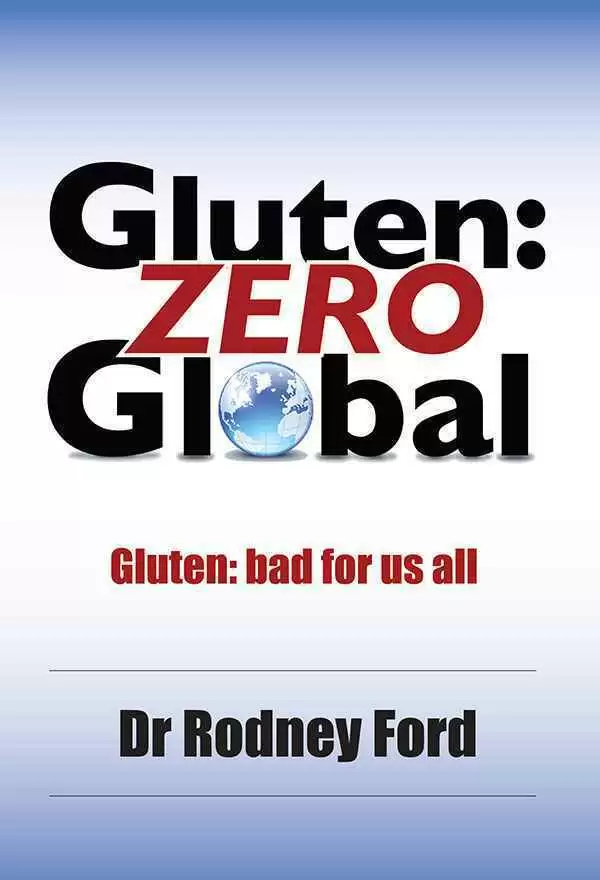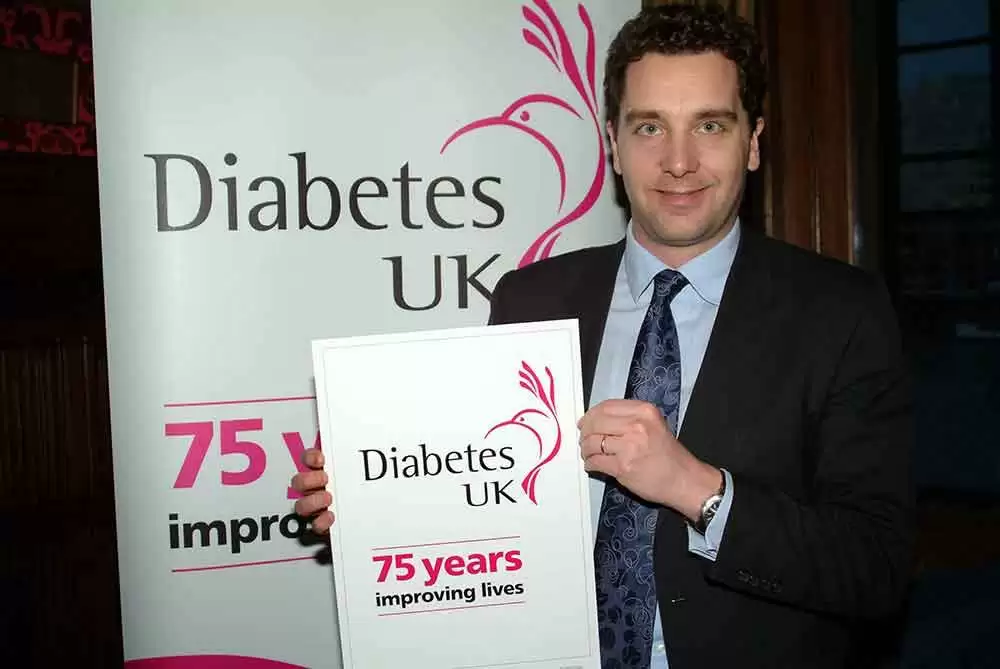
Celiac.com 04/18/2019 - Cases of type 1 diabetes have been on the rise in western countries, which suggests an environmental role in the development of the disease. Still, after decades of study, researchers have yet to nail down the factors driving the increase, and so they have no clear way to prevent new cases.
A potential association that deserves closer scrutiny is one of environmental causes as a driver of diabetes, including dietary factors, such as gluten. At the moment, there is a great deal of focus on maternal and childhood dietary factors.
Celiac.com Sponsor (A12):
To remedy the current impasse, researchers Maija E Miettinen and Suvi M Virtanen of the National Institute for Health and Welfare in Helsinki, Finland, cite the need for comprehensive prospective studies with carefully collected data to define and confirm associations. Only with such data can effective solutions be devised and tested.
In a linked article, also in the BMJ, Antvorskov and colleagues investigated the association between maternal gluten intake during pregnancy and risk of type 1 diabetes in offspring.
The authors analyzed data from the large Danish National Birth Cohort, covering about a third of all pregnancies in Denmark during the recruitment period of 1996-2002, in which more than 70,000 pregnant women reported their diet with a food frequency questionnaire.
That analysis revealed that risk of type 1 diabetes in offspring increased proportionally with maternal gluten intake during pregnancy per 10 grams per day increase of gluten.
Compared to women with the lowest gluten intake of under 7 grams per day, those with the highest gluten intake, who consumed 20 or more grams a day, had double the risk for type 1 diabetes development in their children. Basically, higher gluten intake during pregnancy meant higher diabetes risk for the children.
However, that’s one study with good data. The authors stress the urgency to understand what is driving alarmingly fast-rising diabetes rates. People’s health, well-being, and lives are at stake. For that, further study is needed, and soon.
Read more at BMJ 2018; 362











Recommended Comments
Create an account or sign in to comment
You need to be a member in order to leave a comment
Create an account
Sign up for a new account in our community. It's easy!
Register a new accountSign in
Already have an account? Sign in here.
Sign In Now